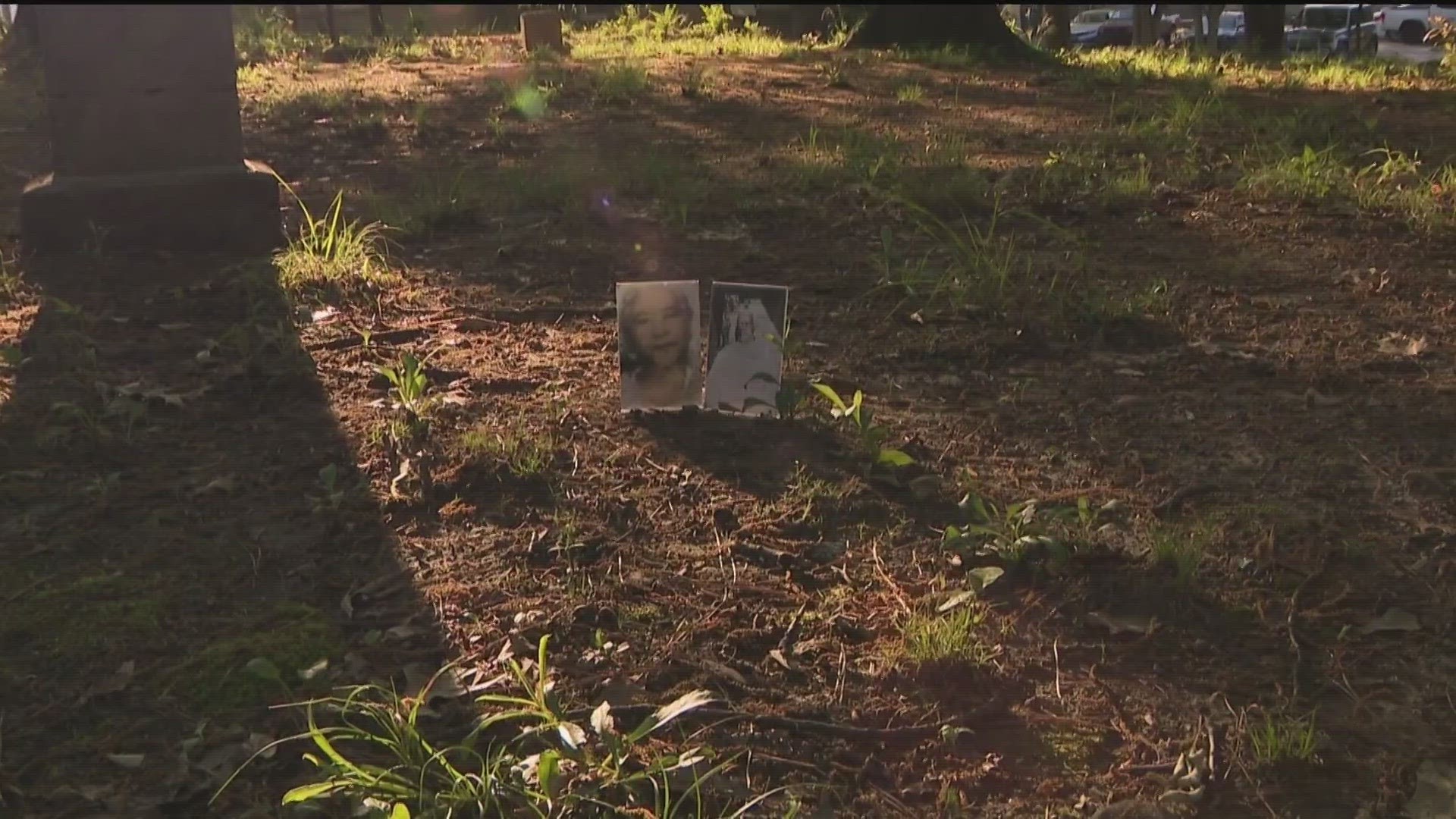ATLANTA — This year’s Juneteenth holiday continued to focus America’s attention on the history of slavery, freedom and racism, as well as on the future of long-term racial reconciliation and justice, including reparations.
Fulton County’s Board of Commissioners and the members of their task force, appointed by the Commissioners, are looking into reparations— possibly the first county government in the nation to do so.
The work is still in its early stages.
For example, not far from the celebrations across metro Atlanta during the long, holiday weekend--celebrations marking the official end of slavery in the U.S. in 1865--is Bagley Park.
The park is located on Pharr Road, just off of Piedmont Road, in northeast Atlanta’s Buckhead neighborhood.
Bagley Park is the site of what was once a Black residential community of some 400 families. Their homes and small businesses were torn down by Fulton County more than 70 years ago because nearby white residents didn’t want them there.
Marcus Coleman, the Vice Chair of the Fulton County Reparations Task Force, said the members, who serve without pay, have been uncovering documentation--much of which had been hidden away from public records--confirming the county’s routine “land grabs” against Black families there and elsewhere, spanning the decades of the late 19th Century and into the middle-to-late 20th Century.
“We have already discovered a number of communities on the northern end of Atlanta that have very questionable land grabs by the county,” Coleman said Monday.
He said the task force is investigating specific racist crimes and other atrocities against generations of Blacks by Fulton County— beginning during slavery, pre-Civil War when the county was created.
“Areas such as slavery, convict labor, voting disparities, Jim Crow laws, business license disparities, education, health care,” Coleman said.
The mission is to document reparations due from Fulton County to descendants, and then pay them.
“Lay everything out in extreme detail,” Coleman said. “Some of this information that we're finding out, it's hurtful, it's harmful. It's the destruction of families. It's the destruction of generations.”
Earlier this year, Coleman, and the Task Force Chair, Dr. Karcheik Sims-Alvarado, appeared before the Board of Commissioners to give an update on the Task Force’s work since this past Fall.
“We have to work towards making people whole,” Dr. Sims-Alvarado told the Commissioners.
The Commissioners voted to give their Reparations Task Force $250,000 to proceed with the investigation, which is now underway, into who should receive reparations, how much they should get, and how the county could fund the reparations.
“Somebody’s generation is going to have to address this issue,” Sims-Alvarado said. “Whose generation will it be, in order to make things right? We are here today. We are here today, and I don’t want to look back at my life and say, ‘This was the moment, and we missed it.’”
The task force is using the money to hire a firm to help conduct the research into county records, and then by October 2024, compile a report of recommendations for the Commission to consider.
“No government is going to give any kind of monetary retribution or reparations or give any land back without having the documentation," Coleman said Monday. "So it's painful, and as tedious as that is, we're quite confident that the truth will speak for itself."

